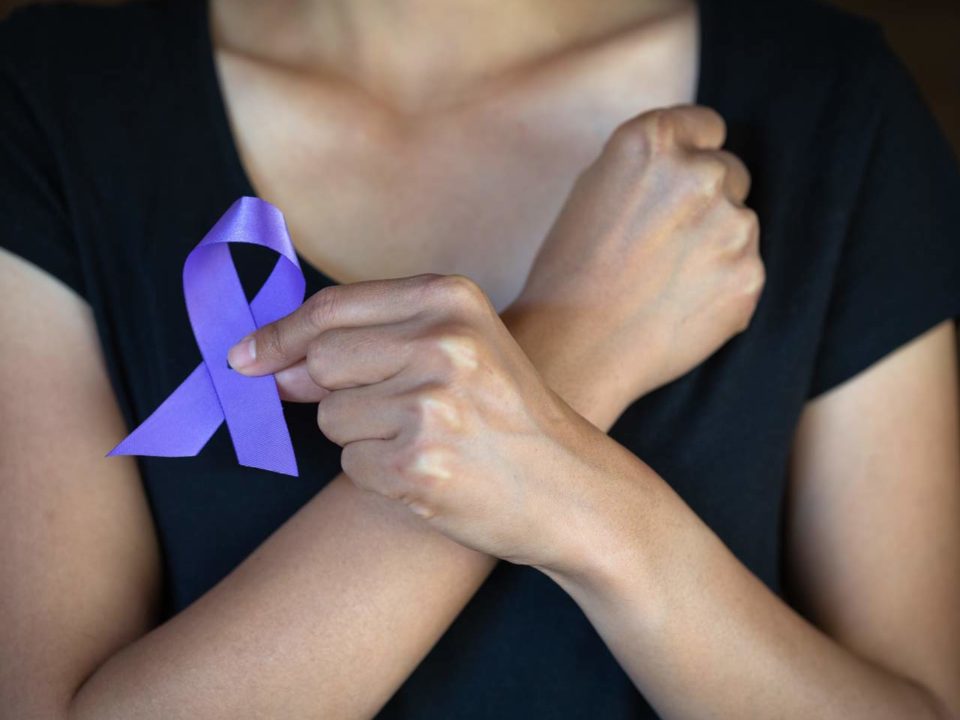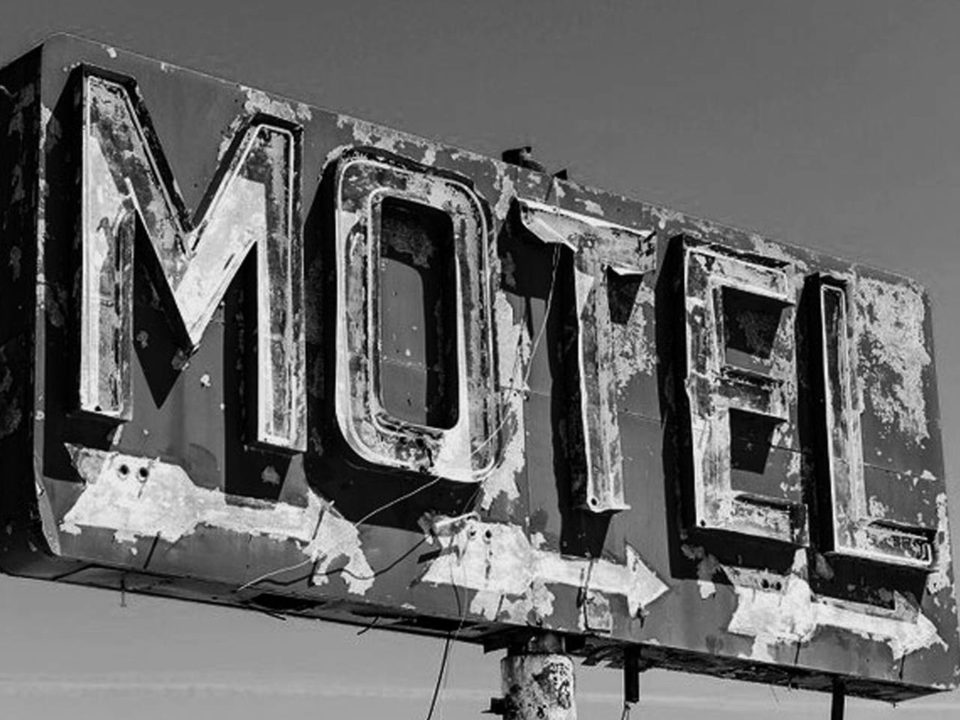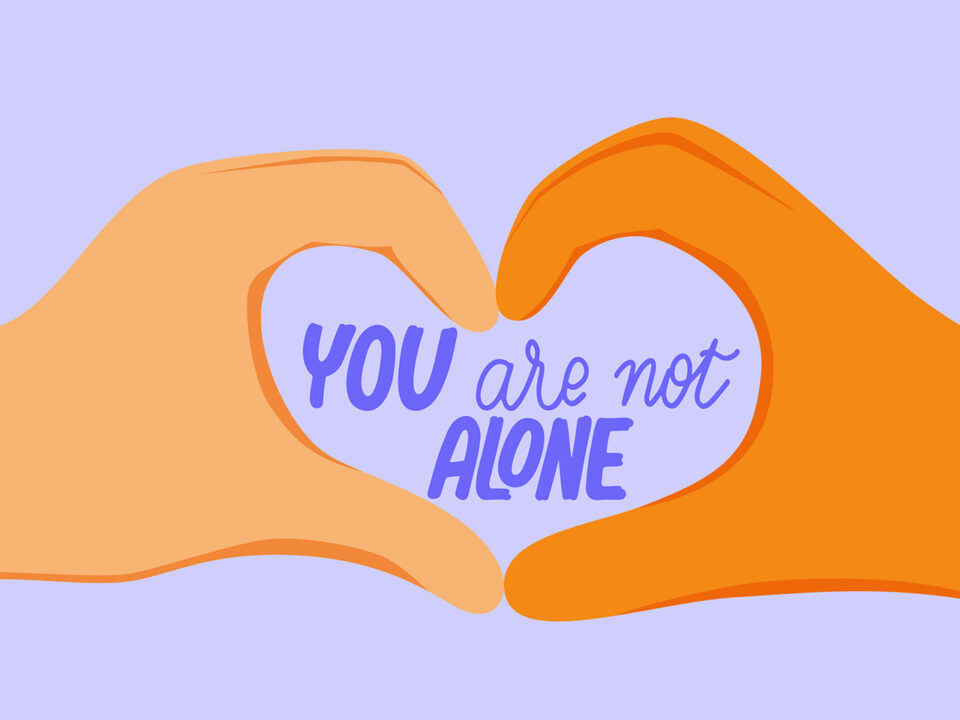Minimizing the Impact:
Ending Domestic Violence in WY
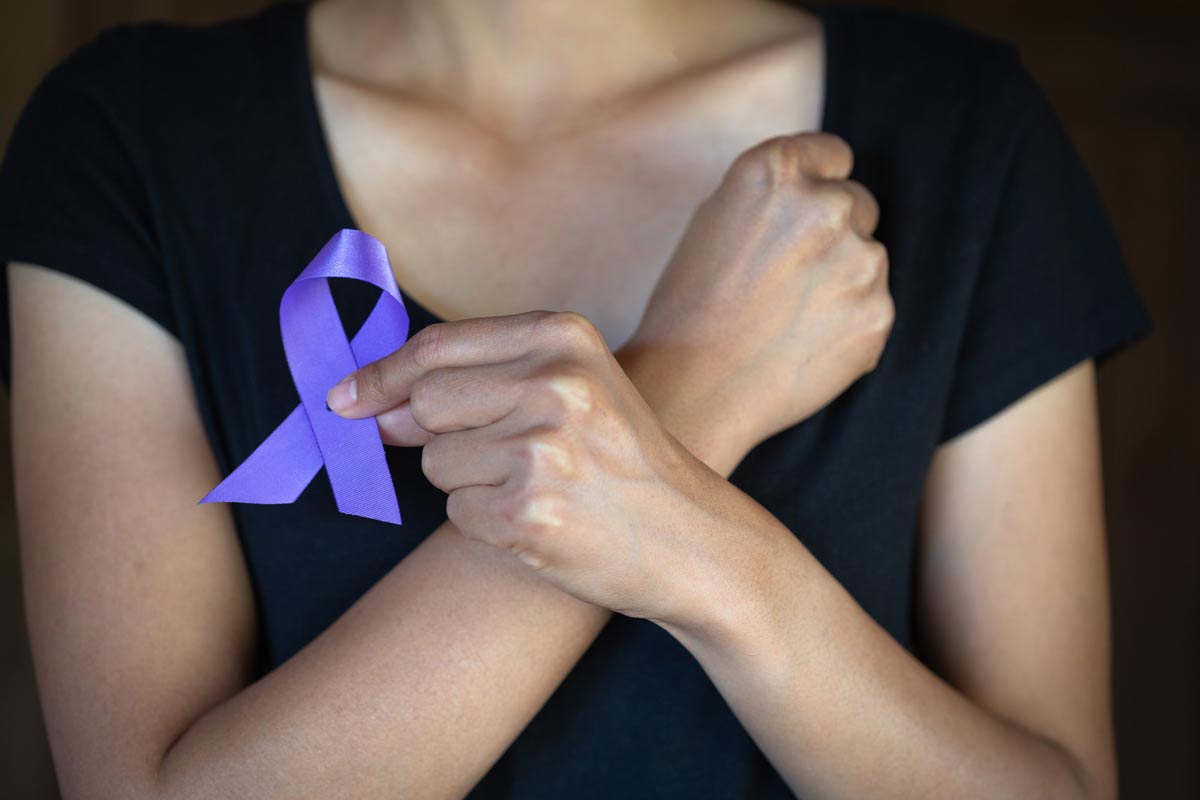
Domestic violence is like tossing a pebble into a pond. While the initial impact may be small or isolated, the ripples quickly spread outward,” says Andy Cavallaro, Executive Director of the Community Safety Network. “Even when abuse happens behind closed doors, it really does have serious ramifications for our entire community.”
Like everywhere in the nation, the communities of Wyoming face the problem of domestic violence. This isn’t a challenge confined to one group, neighborhood, or culture — it’s an epidemic across all socioeconomic layers of our state. “We hope for a time when domestic violence is no longer a part of our culture. We are grateful for the many nonprofits and agencies across Wyoming who are meeting the needs of victims and their families,” says Molly Hughes, Executive Director of the Hughes Charitable Foundation. “Supporting those organizations is important in multiple ways. Not only do they provide safety and resources for those victimized by domestic violence, but they also offer education and outreach to prevent this kind of abuse from occurring in the first place.”
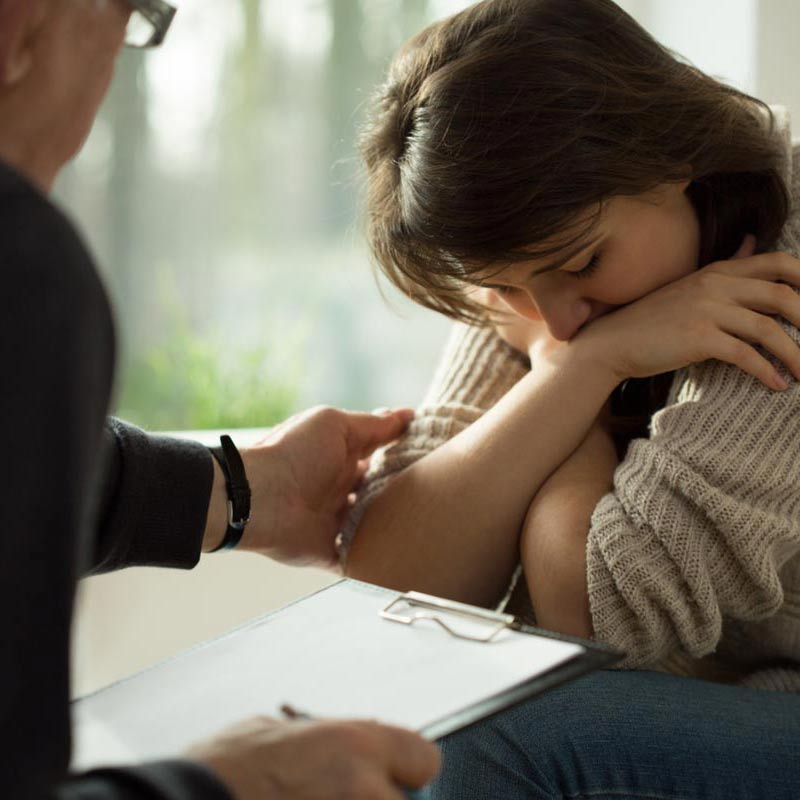
Community Safety Network, in Jackson, WY, is an exceptionally impactful organization with multiple successful program elements. Not only do they have a welcoming, serene, and fully secure shelter for those escaping domestic violence, but they offer classes, transitional housing, and other critical resources for survivors as they rebuild their lives. Their hotline (307-733-SAFE) is staffed 24 hours a day, 365 days a year with trained advocates; these caring volunteers are standing by at all hours to answer questions and offer help to those in crisis.
“At CSN, we’re truly committed to helping survivors of abuse not only survive the process of escaping a violent home — which, statistically is the most lethal time in an abusive relationship — but also to supporting and empowering these families as they find their next steps. It’s a hard journey for sure, and I’m honored that we are able to witness and help these incredibly strong individuals at this point in their lives,” says Cavallaro.
Those who are navigating the challenges of an abusive relationship are more likely to miss work or lose their job, incur medical bills due to injuries or illness caused by chronic stress, and can be more vulnerable to substance abuse. All of these impacts spread far beyond one household — they touch employers and coworkers, family members, friends, and neighbors.
While it’s clear that intimate partner violence has a profound emotional, psychological, and often physical impact on the victim, these dynamics can be extremely harmful to children in a violent home, too.
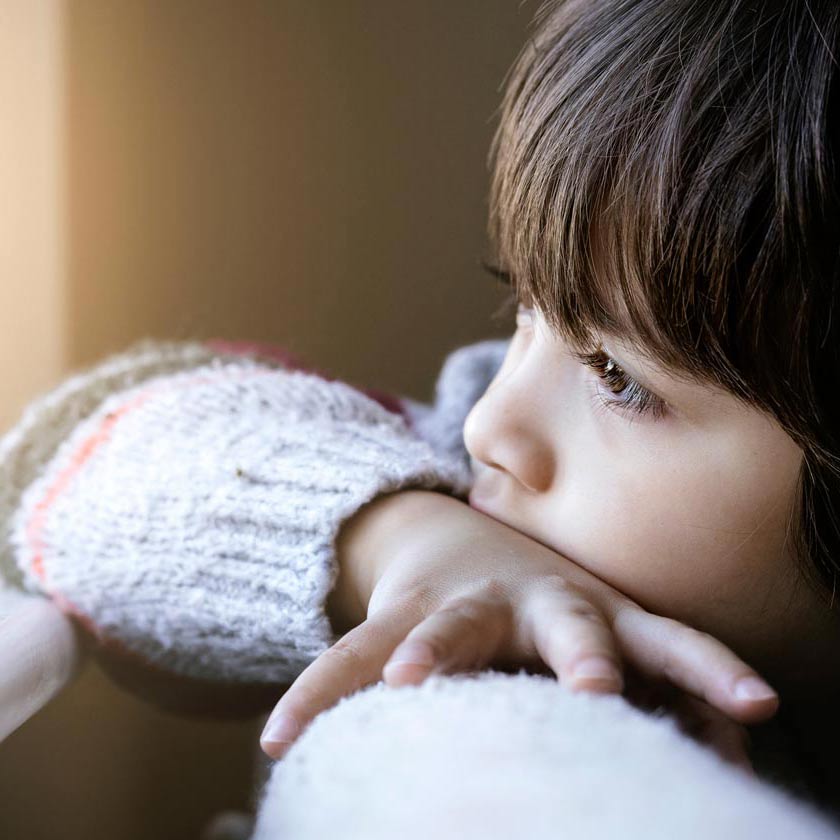
“Statistically speaking, abusers who hurt their partners are up to 60% more likely to abuse children in the home as well,” says Sarah Cavallaro, Executive Director of Teton Youth & Family Services. “Boys who grow up witnessing domestic violence are twice as likely to perpetrate violence in their own relationships, and girls who grow up in a violent home are more likely to become victims of domestic violence themselves. It’s absolutely critical that we break these cycles and ensure that everyone has a safe home.” Kids who are exposed to domestic violence can also be more likely to get in trouble at school, experiment with drugs and alcohol, or make other risky choices.
At the Hughes Charitable Foundation, we believe that everyone deserves to be safe — especially in their own home. We’re proud to support organizations like the Community Safety Network and Teton Youth & Family Services who are working hard to offer safety and resources to people escaping domestic violence. We encourage everyone to learn more about the dynamics and impact of IPV.
